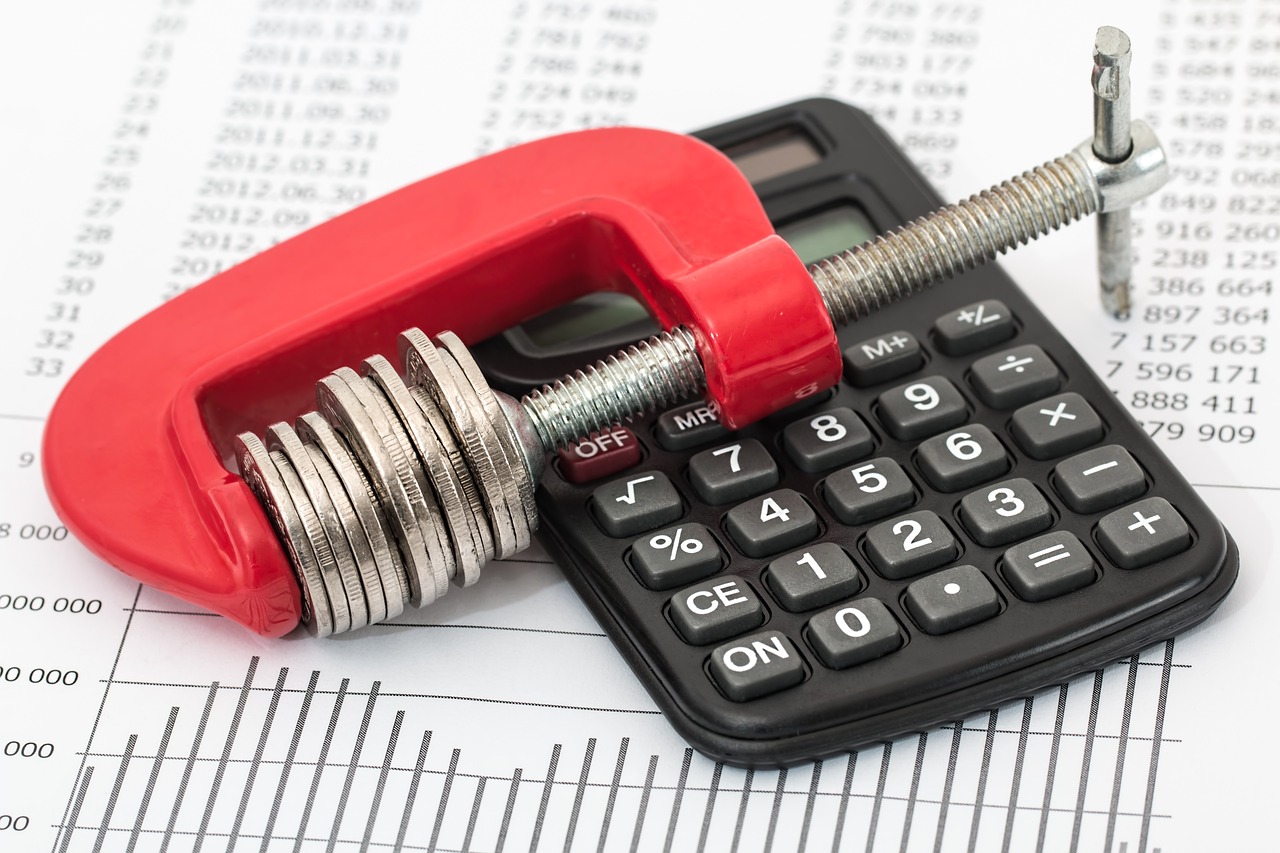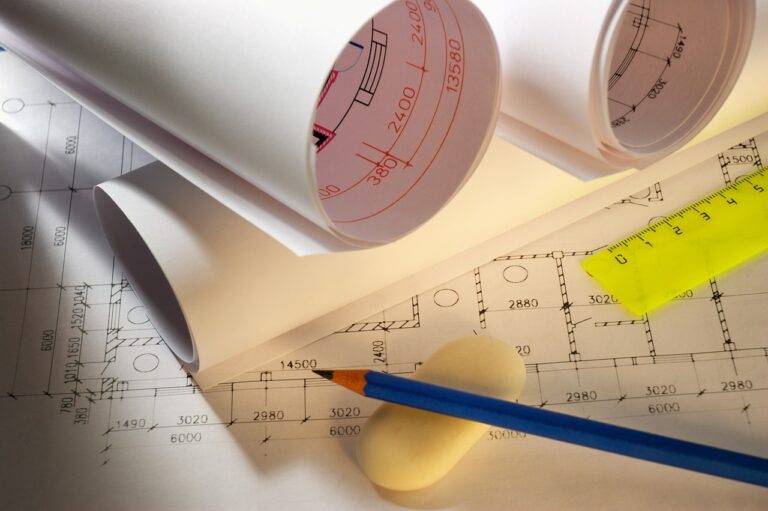Analyzing the Role of Farm Equipment in Sustainable Agriculture
world7.com, mahadev app login, silverexch login:Analyzing the Role of Farm Equipment in Sustainable Agriculture
In today’s fast-paced world, sustainable agriculture is becoming increasingly important. As we strive to protect our environment and ensure the longevity of our food production systems, it is crucial to analyze the role of farm equipment in achieving sustainability. Farm equipment plays a significant role in modern agriculture, from planting and harvesting crops to maintaining soil health and reducing waste. In this article, we will delve into the various ways in which farm equipment contributes to sustainable agriculture and how farmers can make the most of these tools to promote environmentally-friendly practices.
The Importance of Sustainable Agriculture
Before we delve into the role of farm equipment in sustainable agriculture, let’s first understand why sustainable agriculture is so crucial. Sustainable agriculture focuses on three main areas: environmental health, economic profitability, and social and economic equity. By implementing sustainable practices, farmers can reduce their environmental impact, improve soil health, conserve natural resources, and ensure the well-being of future generations.
Sustainable agriculture also plays a vital role in combating climate change. By reducing greenhouse gas emissions, conserving water, and promoting biodiversity, farmers can help mitigate the effects of climate change and contribute to a healthier planet.
How Farm Equipment Contributes to Sustainable Agriculture
Farm equipment plays a crucial role in sustainable agriculture by helping farmers implement environmentally-friendly practices and improve efficiency. From tractors and combines to irrigation systems and tillage equipment, modern farm equipment is designed to enhance productivity while minimizing environmental impact. Here are some ways in which farm equipment contributes to sustainable agriculture:
1. Precision Agriculture: Precision agriculture utilizes technology to optimize crop production while minimizing inputs such as water, fertilizer, and pesticides. GPS technology, drones, and sensors are used to collect data on soil moisture, nutrient levels, and crop health, allowing farmers to make informed decisions about planting, fertilizing, and harvesting. By using precision agriculture techniques, farmers can reduce waste, improve crop yields, and protect the environment.
2. Conservation Tillage: Conservation tillage practices, such as no-till farming, help farmers reduce soil erosion, conserve water, and improve soil health. By using specialized equipment that minimizes soil disturbance, farmers can maintain soil structure, reduce runoff, and promote the growth of beneficial microorganisms. Conservation tillage also helps sequester carbon in the soil, mitigating climate change and enhancing soil fertility.
3. Renewable Energy: Some farm equipment, such as solar panels and wind turbines, can help farmers generate renewable energy to power their operations. By harnessing the power of the sun and wind, farmers can reduce their dependence on fossil fuels, lower their energy costs, and minimize their carbon footprint. Renewable energy systems can be integrated into existing farm equipment to provide a sustainable source of power for irrigation, lighting, and machinery.
4. Water Management: Irrigation systems play a crucial role in sustainable agriculture by helping farmers conserve water and optimize crop production. Drip irrigation, for example, delivers water directly to the roots of plants, minimizing evaporation and runoff. By using efficient irrigation systems and sensors to monitor soil moisture levels, farmers can reduce water waste, improve crop yields, and protect water resources.
5. Integrated Pest Management: Farm equipment, such as sprayers and applicators, is used to apply pesticides and herbicides to control pests and weeds. Integrated pest management (IPM) practices combine chemical, biological, and cultural methods to manage pests in a sustainable manner. By using precision application equipment and monitoring pest populations, farmers can minimize the use of pesticides, protect beneficial insects, and reduce the risk of pesticide runoff.
6. Soil Health: Farm equipment, such as soil samplers and nutrient applicators, is essential for maintaining soil health and fertility. By conducting soil tests, farmers can determine nutrient levels and pH, allowing them to apply fertilizers and amendments more efficiently. By using equipment that minimizes soil compaction and erosion, farmers can improve soil structure, promote root growth, and enhance water infiltration. Healthy soils are essential for sustainable agriculture, as they support plant growth, sequester carbon, and reduce nutrient runoff.
Making the Most of Farm Equipment for Sustainable Agriculture
As farmers strive to adopt sustainable practices, it is essential to make the most of farm equipment to achieve environmental, economic, and social goals. Here are some tips for maximizing the benefits of farm equipment in sustainable agriculture:
1. Invest in Quality Equipment: When purchasing farm equipment, it is essential to invest in high-quality, efficient, and durable machinery. By choosing equipment that is well-maintained, energy-efficient, and environmentally-friendly, farmers can reduce downtime, improve productivity, and lower operating costs. Quality equipment also tends to have a longer lifespan, reducing the need for frequent replacements and minimizing waste.
2. Embrace Technology: Modern farm equipment is equipped with advanced technology, such as GPS guidance, variable rate technology, and remote monitoring systems. By embracing technology and staying up-to-date with the latest innovations, farmers can optimize their operations, improve efficiency, and reduce environmental impact. Technology can help farmers make data-driven decisions, reduce inputs, and maximize yields while minimizing waste.
3. Practice Regular Maintenance: To ensure that farm equipment operates efficiently and safely, it is essential to practice regular maintenance and inspections. By performing routine checks, lubricating moving parts, and replacing worn-out components, farmers can prevent breakdowns, extend the lifespan of equipment, and reduce downtime. Regular maintenance also helps maintain equipment performance, fuel efficiency, and overall sustainability.
4. Adapt to Changing Conditions: Sustainable agriculture is dynamic and constantly evolving, with new challenges and opportunities emerging every day. Farmers must be flexible and adaptable, willing to embrace change and adjust their practices to meet environmental, economic, and social goals. By staying informed, collaborating with experts, and experimenting with new technologies, farmers can stay ahead of the curve and succeed in sustainable agriculture.
5. Educate Yourself and Others: Sustainable agriculture requires a deep understanding of ecological principles, agronomic practices, and technological innovations. Farmers should actively seek out opportunities for education, training, and networking to stay informed and share knowledge with others. By participating in workshops, conferences, and online forums, farmers can learn from experts, exchange ideas, and contribute to the advancement of sustainable agriculture.
6. Support Policy and Advocacy Efforts: Sustainable agriculture is not just a responsibility for individual farmers; it also requires collective action and policy support to create a conducive environment for sustainable practices. Farmers can support policy and advocacy efforts at the local, regional, and national levels to promote sustainable agriculture, incentivize conservation practices, and protect natural resources. By engaging with policymakers, advocating for sustainable farming policies, and participating in industry associations, farmers can help shape the future of agriculture for the better.
FAQs
Q: How can farmers reduce their carbon footprint with farm equipment?
A: Farmers can reduce their carbon footprint by investing in energy-efficient equipment, using renewable energy sources, and practicing conservation tillage and precision agriculture techniques.
Q: What are some examples of sustainable farm equipment?
A: Examples of sustainable farm equipment include solar panels, irrigation systems, no-till planters, soil samplers, and precision applicators.
Q: How can farmers ensure the safety of farm equipment?
A: Farmers can ensure the safety of farm equipment by following manufacturer’s guidelines, conducting regular maintenance checks, providing proper training for operators, and implementing safety protocols on the farm.
In conclusion, farm equipment plays a crucial role in sustainable agriculture by helping farmers implement environmentally-friendly practices, reduce waste, and improve efficiency. By making the most of modern technology, investing in quality equipment, and staying informed about sustainable practices, farmers can promote environmental health, economic profitability, and social equity in agriculture. As we strive to protect our environment and ensure the longevity of our food production systems, it is essential to recognize the vital role of farm equipment in achieving sustainability. By working together and embracing sustainable practices, farmers can help build a brighter future for agriculture and the planet.







